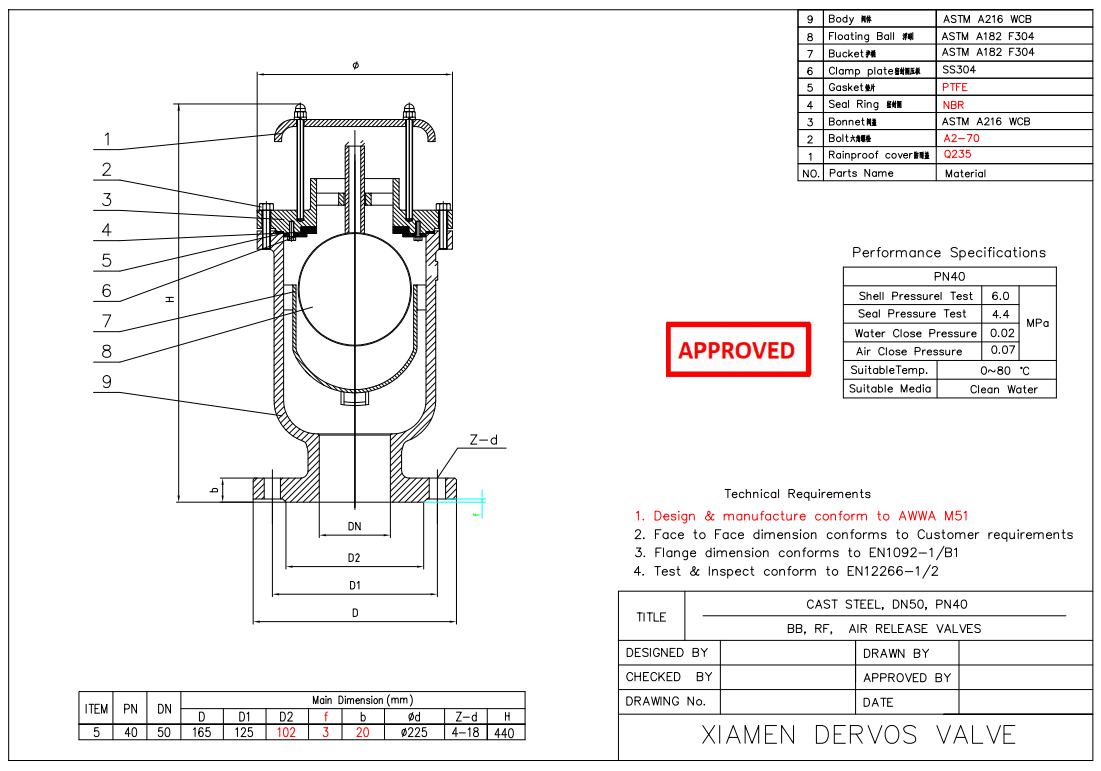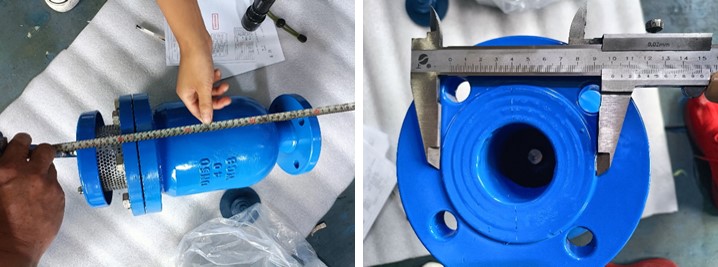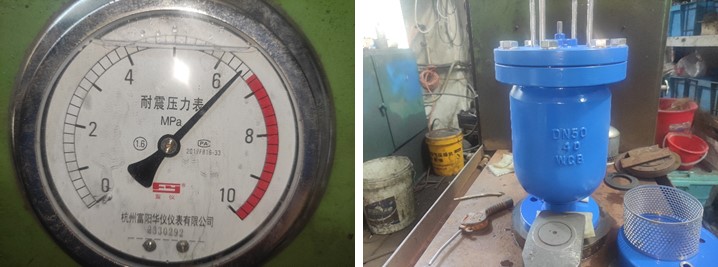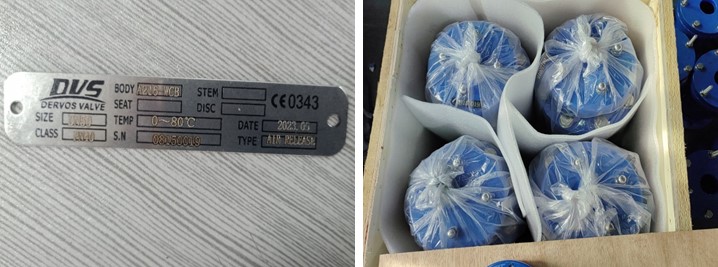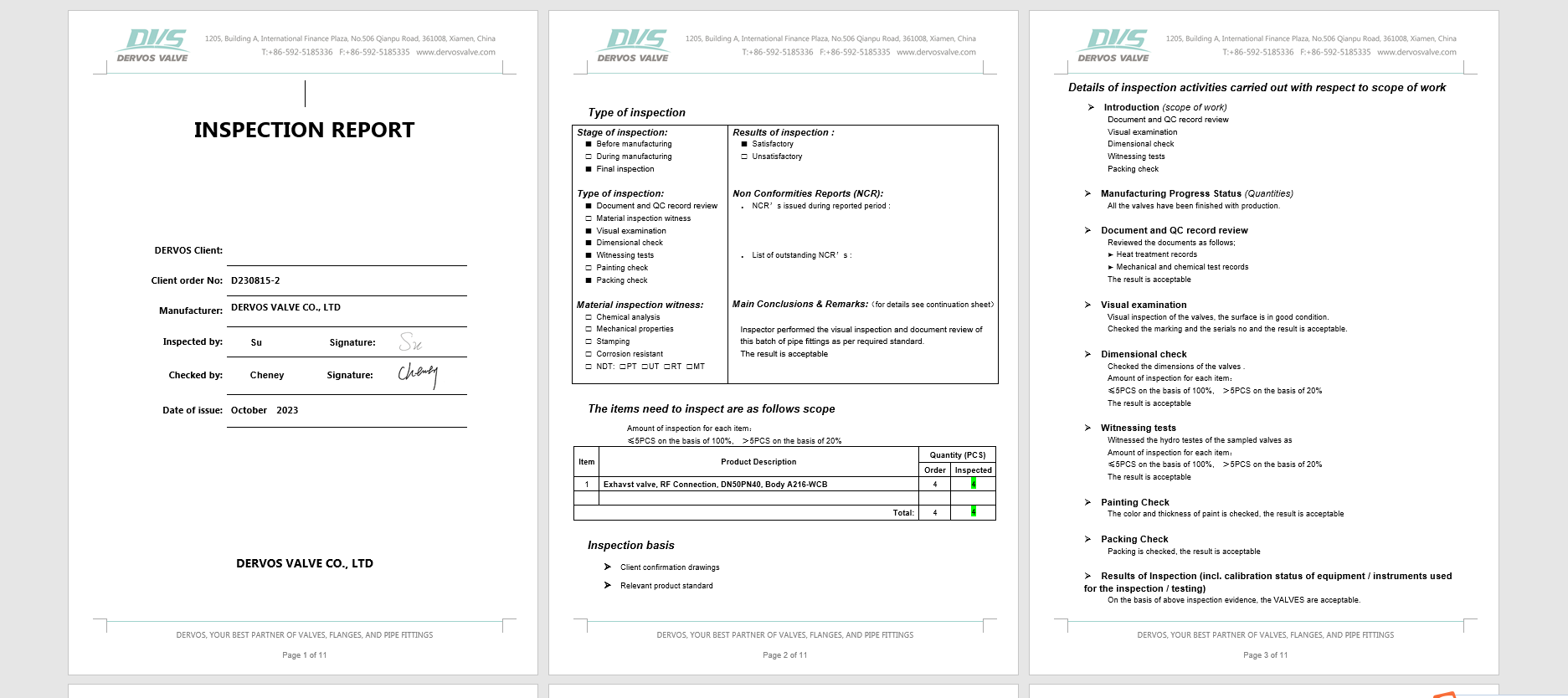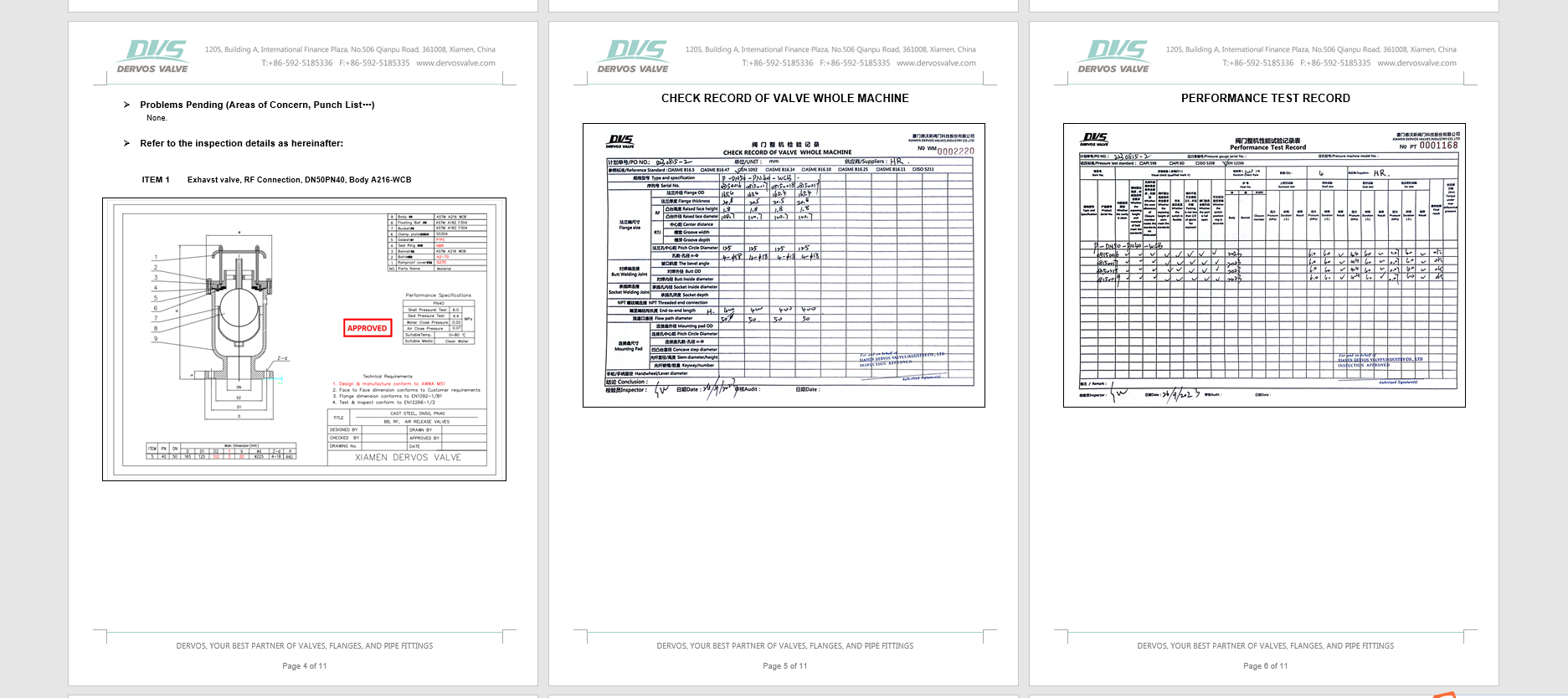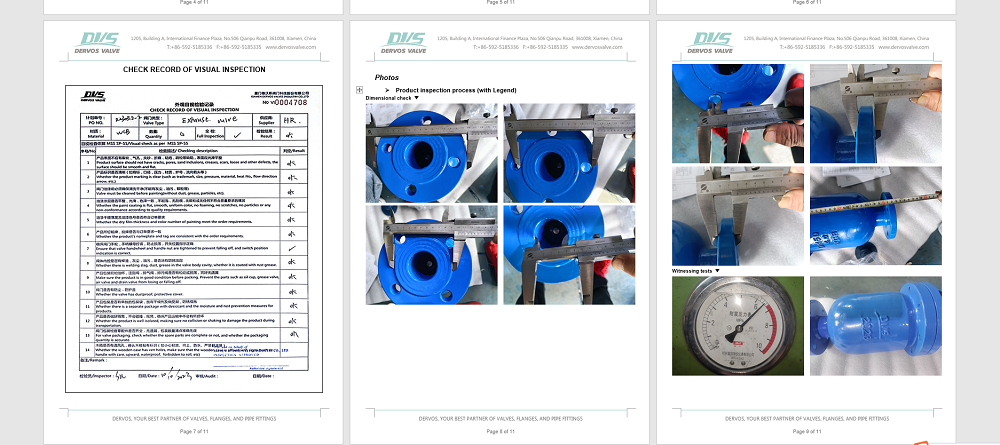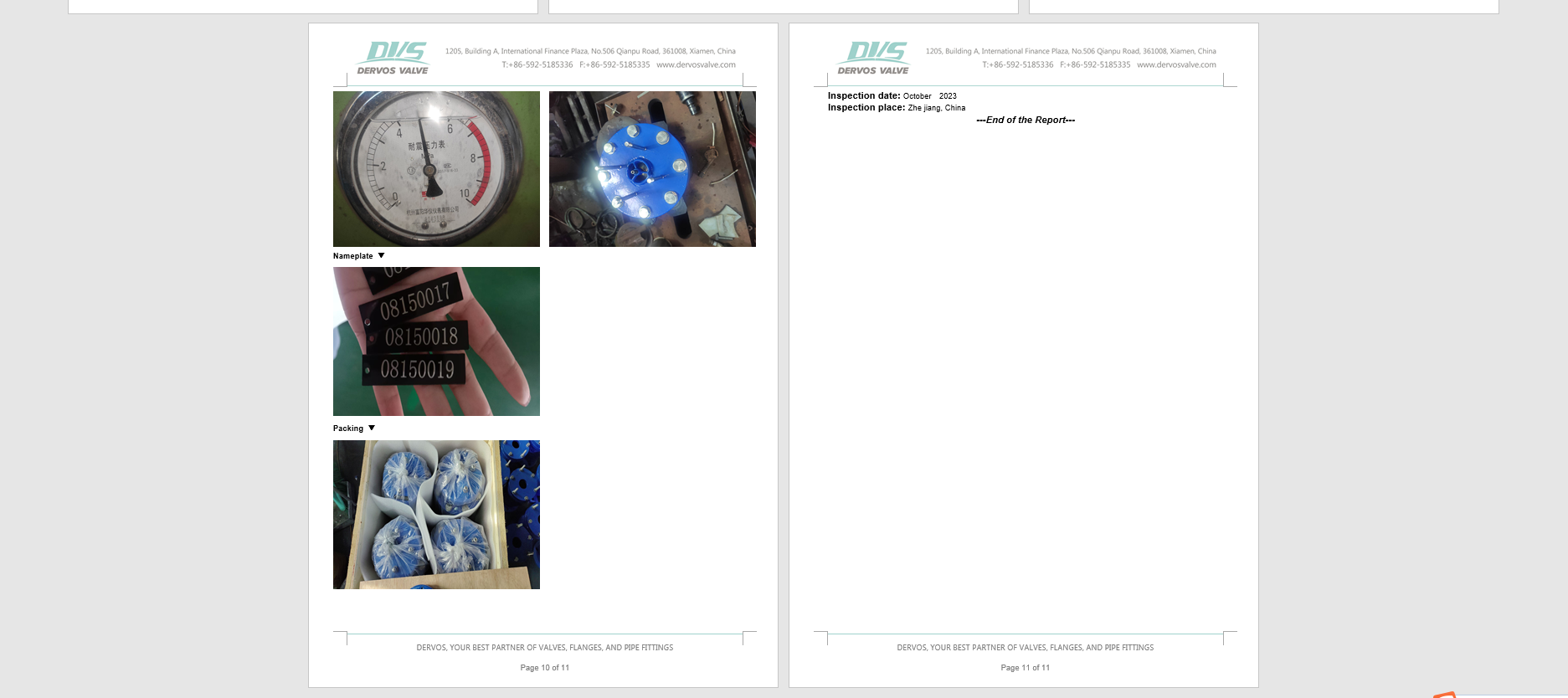Plug Valve or Gate Valve?
2024-11-13
In industrial fluid control systems, plug valves and gate valves are two common types of valves. They differ significantly in structure, function, and application scenarios, making the choice of the appropriate valve essential to ensuring the safety and efficiency of the system. 1. Structure and Working Principle The main difference between plug valves and gate valves lies in their structure and operating principle. The core of a plug valve is a rotatable cylindrical or conical plug, which opens or closes the valve by rotating the plug. Plug valves typically operate with a 90-degree rotation, allowing for quick fluid shutoff or switching. Due to their simple structure and fast operation, plug valves are suitable for applications that require rapid opening and closing. In contrast, the operating principle of a gate valve involves controlling fluid flow through a horizontally moving gate. The opening and closing process of a gate valve is relatively slow and typically requires a longer stroke to fully open or close the valve. Therefore, gate valves are more suitable for applications where the valve remains fully open or fully closed for extended periods, and are not ideal for frequent operation. 2. Sealing Performance and Fluid Control In terms of sealing performance, the design of plug valves generally provides excellent sealing, particularly in applications where leak prevention is critical. The tight contact between the sealing surfaces of plug valves ensures safe flow of high-pressure or corrosive fluids. Due to the minimal friction during operation, plug valves are less prone to jamming, allowing them to operate reliably and stably over extended periods. Although gate valves also offer good sealing performance, the larger contact surface between the gate and the valve seat can result in greater friction during opening and closing. Over time, this can lead to wear and affect the sealing effectiveness. Additionally, the operation of gate valves is relatively slower, meaning they are less efficient than plug valves when it comes to controlling fluid flow. 3. Application Fields Plug valves are typically used in applications requiring frequent on-off operation or flow direction control. They are widely applied in industries such as oil, natural gas, chemicals, and water treatment, especially in systems that require rapid control of fluid flow. Plug valves are particularly suitable for environments that demand high sealing performance and can handle complex fluid types, such as corrosive media or media containing solid particles. In contrast, gate valves are more commonly used in applications requiring prolonged fully open or fully closed positions, such as in water treatment, supply systems, and certain high-pressure systems. Gate valves are typically used in environments where frequent operation is not required. Their design enables them to maintain low fluid resistance during continuous, stable fluid transmission. 4. Maintenance and Cost The plug...
